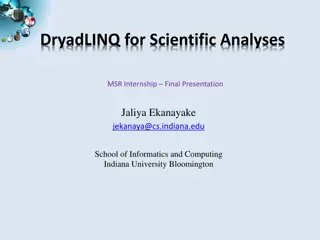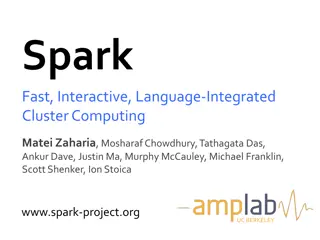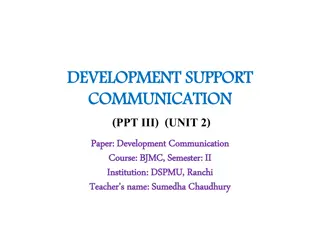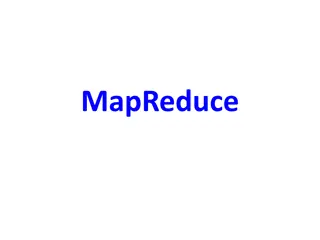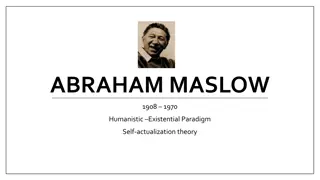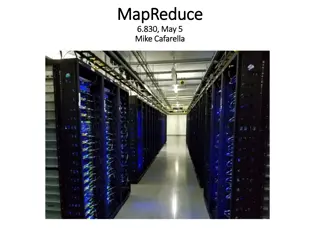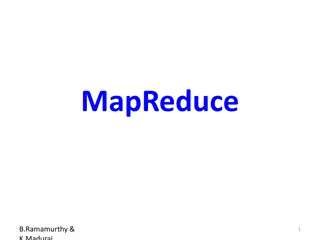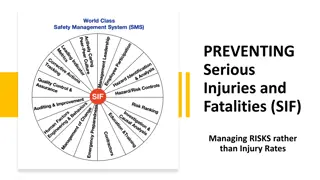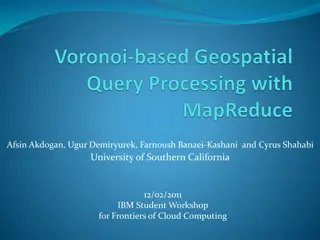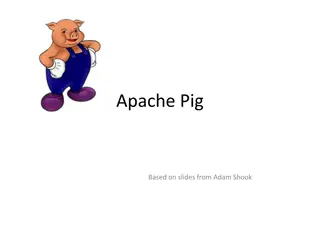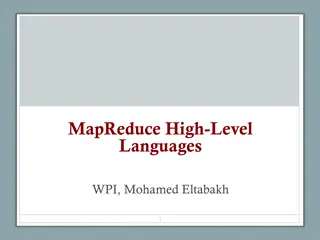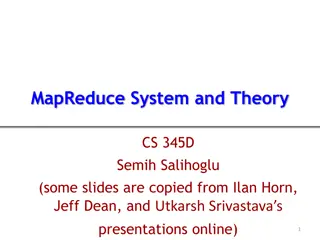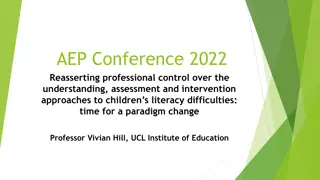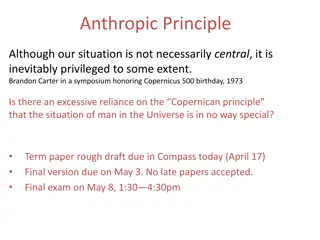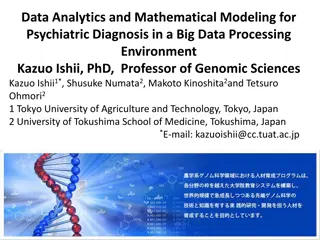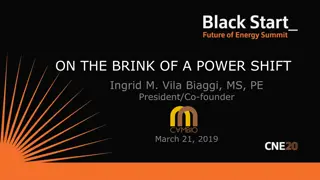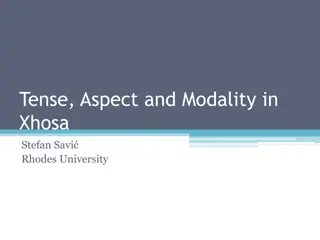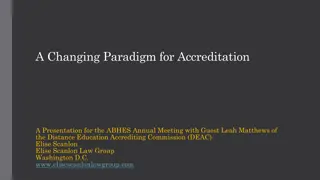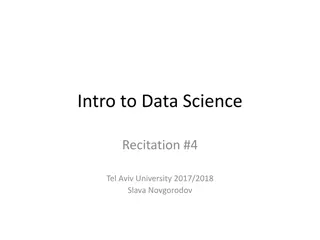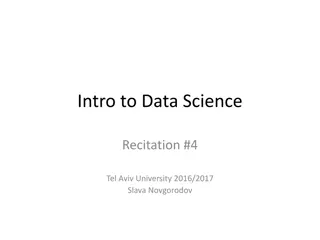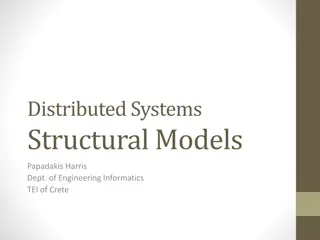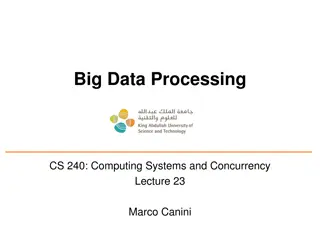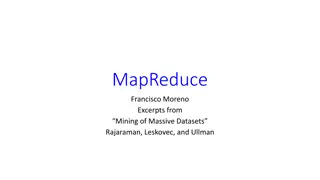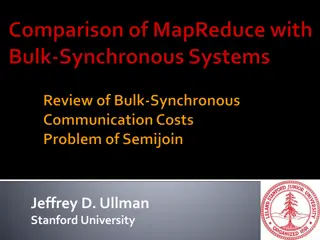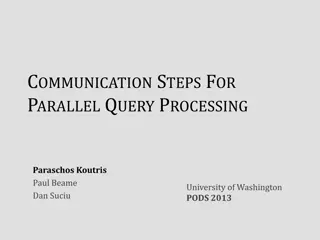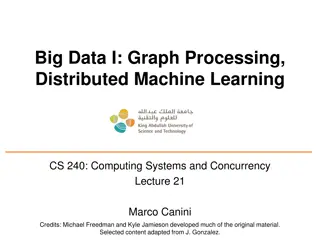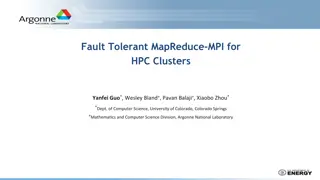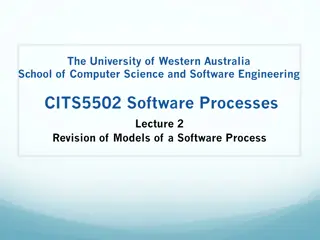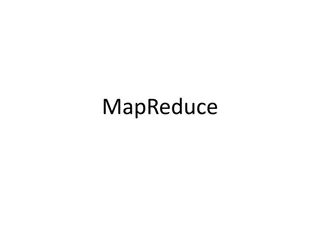A New Paradigm for Spasticity Management
New approach to managing spasticity, a disorder characterized by increased muscle tone and exaggerated tendon jerks. The author, Dr. Darryl Kaelin, explores the benefits of this new paradigm and its potential impact on motor control. The article also includes information on the etiologies and preval
1 views • 39 slides
[PDF⚡READ❤ONLINE] Black Hole Astrophysics: The Engine Paradigm (Springer Praxis
\"COPY LINK HERE ; https:\/\/getpdf.readbooks.link\/B00DGEQPXS\n\nRead ebook [PDF] Black Hole Astrophysics: The Engine Paradigm (Springer Praxis Books) | Black Hole Astrophysics: The Engine Paradigm (Springer Praxis Books)\n\"\n
0 views • 6 slides
Dostarlimab 7.5 mg /5 ml: Transforming Cancer Care Landscape in India
Cancer care in India is undergoing a paradigm shift with the introduction of a new immunotherapy treatment: Dostarlimab. This potent formulation (7.5 mg\/5 ml) promises to change the treatment paradigm for oncologists as well as patients fighting cancer. Dostarlimab 7.5 mg\/5 ml is a revolutionary i
5 views • 7 slides
Unmasking the Toxicity of the Film-Forming Finish Paradigm in the Coatings Industry
Exposure to toxic fumes emitted by film-forming finishes during application and drying poses significant health hazards to workers and occupants of coated spaces. Painters, contractors, and DIY enthusiasts are particularly vulnerable to inhaling harmful chemicals, leading to respiratory ailments, he
1 views • 5 slides
Unmasking the Toxicity of the Film-Forming Finish Paradigm in the Coatings Industry
Exposure to toxic fumes emitted by film-forming finishes during application and drying poses significant health hazards to workers and occupants of coated spaces. Painters, contractors, and DIY enthusiasts are particularly vulnerable to inhaling harmful chemicals, leading to respiratory ailments, he
1 views • 5 slides
Evaluation of DryadLINQ for Scientific Analyses
DryadLINQ was evaluated for scientific analyses in the context of developing and comparing various scientific applications with similar MapReduce implementations. The study aimed to assess the usability of DryadLINQ, create scientific applications utilizing it, and analyze their performance against
0 views • 20 slides
Understanding Apache Spark: Fast, Interactive, Cluster Computing
Apache Spark, developed by Matei Zaharia and team at UC Berkeley, aims to enhance cluster computing by supporting iterative algorithms, interactive data mining, and programmability through integration with Scala. The motivation behind Spark's Resilient Distributed Datasets (RDDs) is to efficiently r
0 views • 41 slides
Evolution of Development Communication Paradigms and Alternative Paradigm
Development Communication explores the stages of creating a plan, implementing strategies, and ownership paradigms in development projects. Emphasis is on participatory approaches, community empowerment, and inverting top-down processes. The concept of Alternative Paradigm emerges to counter the ali
0 views • 6 slides
Understanding MapReduce and Hadoop: Processing Big Data Efficiently
MapReduce is a powerful model for processing massive amounts of data in parallel through distributed systems like Apache Hadoop. This technology, popularized by Google, enables automatic parallelization and fault tolerance, allowing for efficient data processing at scale. Learn about the motivation
2 views • 33 slides
Understanding Abraham Maslow's Humanistic Existential Paradigm
Explore the key concepts of Abraham Maslow's humanistic existential paradigm, including self-actualization theory, perspective, and views on need gratification. Learn about Maslow's belief in human potential, the motive for self-actualization, and the importance of need gratification in realizing in
1 views • 81 slides
Evolution of Strategic Management in Tourism: A New Paradigm
Explore the radical transformations in strategic management over the past 25 years, focusing on the New Strategic Theory and the Half Moon Bay Group initiatives. Discover how complexity, non-linearity, and fluidity guide the new emergent paradigm. Learn about the changes in approach to strategy and
3 views • 11 slides
Understanding MapReduce for Large Data Processing
MapReduce is a system designed for distributed processing of large datasets, providing automatic parallelization, fault tolerance, and clean abstraction for programmers. It allows for easy writing of distributed programs with built-in reliability on large clusters. Despite its popularity in the late
0 views • 52 slides
Understanding MapReduce in Distributed Systems
MapReduce is a powerful paradigm that enables distributed processing of large datasets by dividing the workload among multiple machines. It tackles challenges such as scaling, fault tolerance, and parallel processing efficiently. Through a series of operations involving mappers and reducers, MapRedu
7 views • 32 slides
Evocative Objects in Educational Research: A Reflective Paradigm
Delve into the role of evocative objects in educational research through a reflective practice approach, exploring generative and divergent analysis models, and considering alternative quality criteria. The creative analytic paradigm emphasizes the serendipitous nature of engaging with objects for a
0 views • 21 slides
Preventing Serious Injuries and Fatalities (SIF): A Paradigm Shift in Workplace Safety
The SIF approach emphasizes managing risks over injury rates to prevent serious workplace incidents. Traditional safety metrics focusing on minor injuries may not effectively prevent SIF events. Special attention and a new safety paradigm are needed to address high-risk workplaces and protect worker
0 views • 16 slides
Cloud-based Geospatial Query Processing Using MapReduce and Voronoi Diagrams
This research paper presents a cloud-based approach for processing geospatial queries efficiently using MapReduce and Voronoi diagrams. The motivation behind the study, related works in the field, preliminary concepts of MapReduce, Voronoi diagram creation, query types, performance evaluation, and f
0 views • 30 slides
Introduction to Apache Pig: A High-level Overview
Apache Pig is a data flow language developed by Yahoo! and is a top-level Apache project that enables non-Java programmers to access and analyze data on a cluster. It interprets Pig Latin commands to generate MapReduce jobs, simplifying data summarization, reporting, and querying tasks. Pig operates
0 views • 57 slides
Understanding High-Level Languages in Hadoop Ecosystem
Explore MapReduce and Hadoop ecosystem through high-level languages like Java, Pig, and Hive. Learn about the levels of abstraction, Apache Pig for data analysis, and Pig Latin commands for interacting with Hadoop clusters in batch and interactive modes.
0 views • 27 slides
Understanding MapReduce System and Theory in CS 345D
Explore the fundamentals of MapReduce in this informative presentation that covers the history, challenges, and benefits of distributed systems like MapReduce/Hadoop, Pig, and Hive. Learn about the lower bounding communication cost model and how it optimizes algorithm for joins on MapReduce. Discove
0 views • 60 slides
Paradigm Change in Addressing Children's Literacy Difficulties
Professor Vivian Hill advocates for a paradigm change in understanding, assessing, and intervening in children's literacy difficulties at the AEP Conference. Challenges in the field are discussed, including the need to move towards inclusive, universal responses for all children with literacy delays
0 views • 28 slides
Understanding the Anthropic Principle and the New Paradigm in Physics
Exploring the Anthropic Principle and the New Paradigm in physics, this content delves into the concept that our existence is inevitably privileged, as well as the potential unification of Quantum Mechanics and General Relativity. It reflects on the conditions necessary for life, the role of physica
0 views • 17 slides
Mathematical Modeling for Psychiatric Diagnosis in Big Data Environment
This research project led by Prof. Kazuo Ishii aims to develop a Big Data mining method and optimized algorithms for genomic Big Data, specifically targeting three major mental disorders including depression. The research process involves data analytics, mathematical modeling, and data processing te
0 views • 21 slides
Embracing Paradigm Shift Towards Distributed Power and Clean Energy
The paradigm shift towards distributed power and clean energy brings about a transformative future where individuals play an active role, leading to a society with a stronger local economy integrated globally through innovative exchanges. Technology empowers users to create content and participate i
0 views • 5 slides
Future Mobility: A New Paradigm in Legal Frameworks and Technology
Explore the evolving landscape of future mobility through the lens of legal frameworks and technology advancements. Delve into how traditional taxonomies are inadequate for modern transport innovations, emphasizing the significance of data in conjunction with movement in this dynamic paradigm.
0 views • 23 slides
Tense, Aspect, and Modality in Xhosa Verbal Paradigm
This study on Xhosa language by Stefan Savi from Rhodes University delves into the intricate aspects of tense, aspect, and modality in the Xhosa verbal paradigm. It discusses the structure of Xhosa, its unique features, and how these elements manifest in different tenses and aspects, shedding light
0 views • 42 slides
Changing Paradigm in Accreditation: Legislative Landscape and Recommendations
This presentation discusses the evolving paradigm in accreditation within the education sector, focusing on legislative updates, including the introduction of bills, hearings, and the shifting responsibilities of accrediting bodies. It also highlights the recommendations put forth by the HELP Task F
0 views • 11 slides
Introduction to Map Reduce Paradigm in Data Science
Explore the MapReduce paradigm in data science through examples, discussions on when to use it, and implementation details. Understand how MapReduce is utilized for processing and generating big data sets efficiently.
0 views • 52 slides
Introduction to MapReduce Paradigm in Data Science
Today's lesson covered the MapReduce paradigm in data science, discussing its principles, use cases, and implementation. MapReduce is a programming model for processing big data sets in a parallel and distributed manner. The session included examples, such as WordCount, and highlighted when to use M
0 views • 48 slides
Understanding Client-Server Paradigm in Distributed Systems
Client-server paradigm in distributed systems involves structuring systems as collaborating processes where clients request services from servers. The model follows a request/reply protocol, with servers providing centralized control of shared resources. Advantages include security and simplicity, w
1 views • 30 slides
Data Processing and MapReduce: Concepts and Applications
Exploring concepts of big data processing, data-parallel computation, fault tolerance in MapReduce, generality vs. specialization in systems, and the efficiency of MapReduce for large computations such as web indexing. Understand the role of synchronization barriers, handling partial aggregation, an
0 views • 60 slides
Preliminary Steps in Setting Up a Hadoop Environment
Logging into the VM, changing passwords, transferring files to Hadoop, setting up Rstudio for MapReduce programming, and running the first MapReduce program are essential preliminary steps in establishing a Hadoop environment for data processing tasks.
0 views • 13 slides
Introduction to MapReduce: Efficient Data Processing Technique
Modern data-mining applications require managing immense amounts of data quickly, leveraging parallelism in computing clusters. MapReduce, a programming technique, enables efficient large-scale data calculations on computing clusters, reducing costs compared to special-purpose machines. MapReduce is
0 views • 72 slides
Introduction to Distributed Computing at Stanford University
A meeting at Stanford University's Gates building tonight for those interested in CS341 in the Spring. The session will cover the concept of viewing computation as a recursion on a graph, techniques like Pregel, Giraph, GraphX, and GraphLab for distributed computing, and challenges in data movement
0 views • 18 slides
MapReduce Method for Malware Detection in Parallel Systems
This paper presents a system call analysis method using MapReduce for malware detection at the IEEE 17th International Conference on Parallel and Distributed Systems. It discusses detecting malware behavior, evaluation techniques, categories of malware, and approaches like signature-based and behavi
0 views • 22 slides
Communication Steps for Parallel Query Processing: Insights from MPC Model
Revealing the intricacies of parallel query processing on big data, this content explores various computation models such as MapReduce, MUD, and MRC. It delves into the MPC model in detail, showcasing the tradeoffs between space exponent and computation rounds. The study uncovers lower bounds on spa
0 views • 25 slides
Distributed Machine Learning and Graph Processing Overview
Big Data encompasses vast amounts of data from sources like Flickr, Facebook, and YouTube, requiring efficient processing systems. This lecture explores the shift towards using high-level parallel abstractions, such as MapReduce and Hadoop, to design and implement Big Learning systems. Data-parallel
0 views • 61 slides
Fault-Tolerant MapReduce-MPI for HPC Clusters: Enhancing Fault Tolerance in High-Performance Computing
This research discusses the design and implementation of FT-MRMPI for HPC clusters, focusing on fault tolerance and reliability in MapReduce applications. It addresses challenges, presents the fault tolerance model, and highlights the differences in fault tolerance between MapReduce and MPI. The stu
1 views • 25 slides
Understanding the Body, Soul, and Spirit Paradigm in Human Existence
Exploring the concept of ternary anthropology introduced by French anthropologist Michel Fromaget, which views humans as composed of body, soul, and spirit. This paradigm, rooted in both Eastern and Western traditions, delves into the ontological value of the mind and the overall human experience. T
0 views • 36 slides
Overview of Software Process Models and Prototyping Paradigm
This document discusses different models of software processes, including Waterfall, Prototyping, and Agile paradigms. It covers key concepts, levels of abstraction, 12 activities in every software project, and the phases of the Waterfall model. Additionally, it explores the Prototyping Paradigm and
0 views • 15 slides
Understanding MapReduce: A Real-World Analogy
MapReduce is a programming model used to process and generate large data sets with parallel and distributed algorithms. In this analogy, the process of depositing, categorizing, and counting coins using a machine illustrates how MapReduce works, where mappers categorize coins and reducers count them
0 views • 43 slides

![[PDF⚡READ❤ONLINE] Black Hole Astrophysics: The Engine Paradigm (Springer Praxis](/thumb/21503/pdf-read-online-black-hole-astrophysics-the-engine-paradigm-springer-praxis.jpg)



